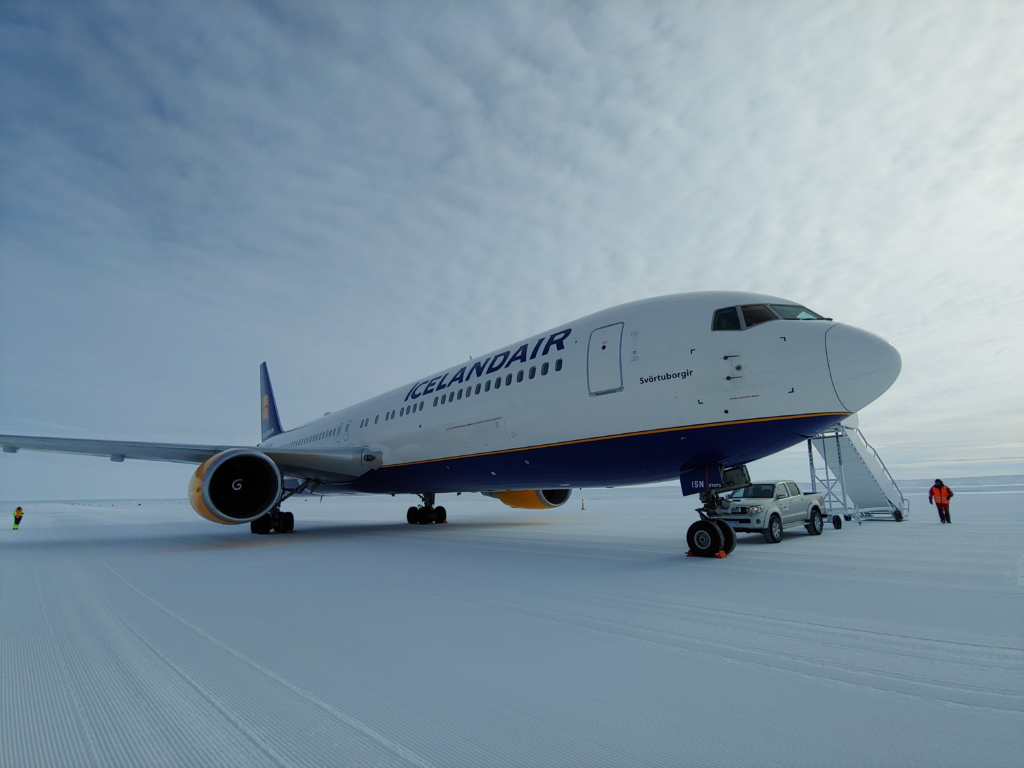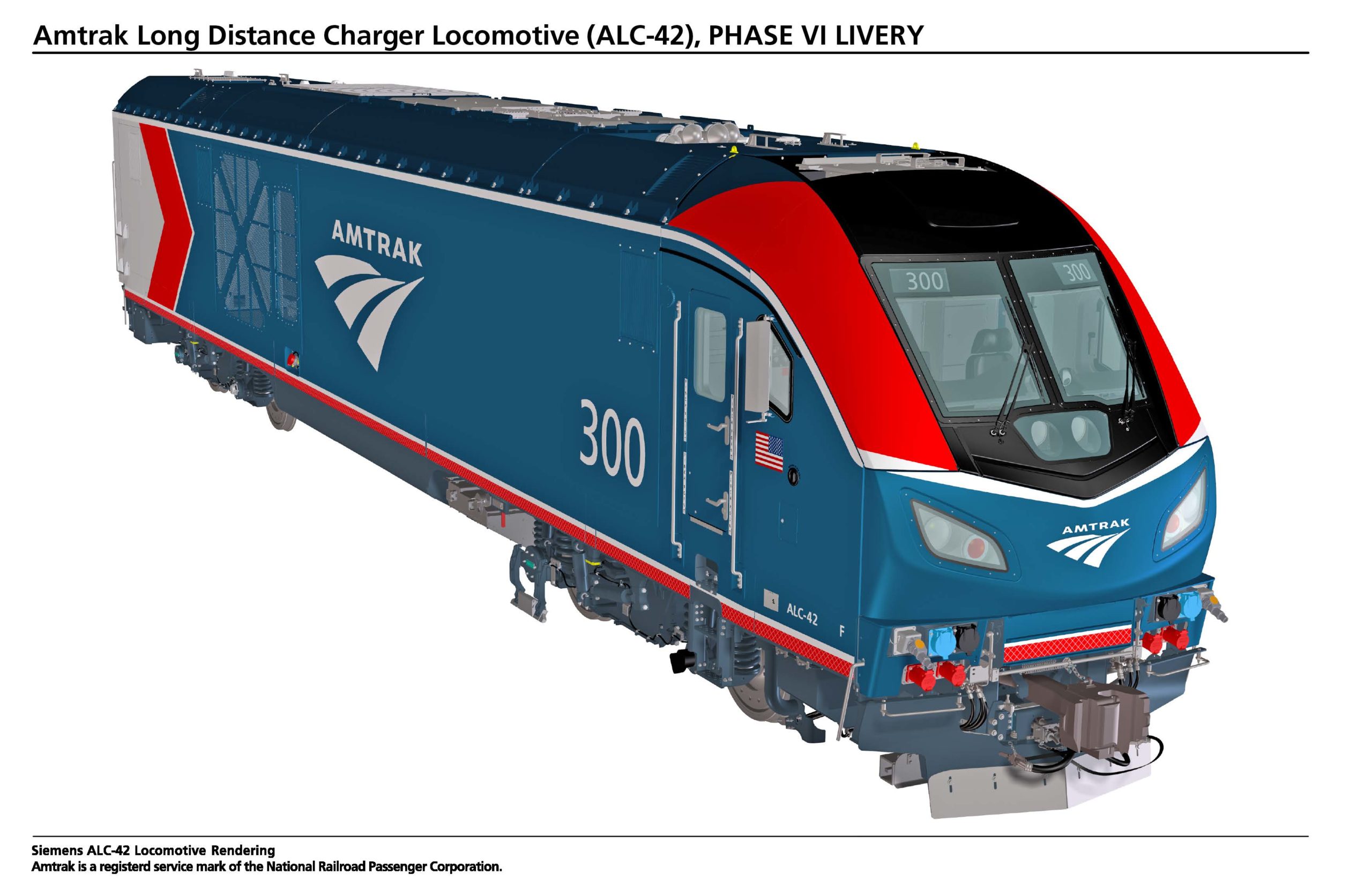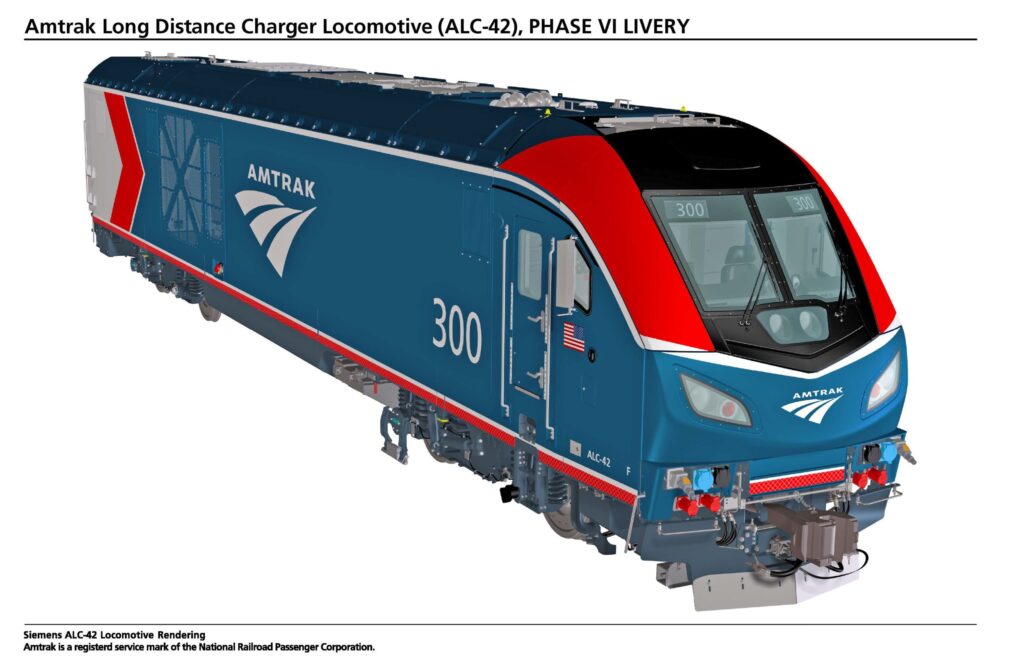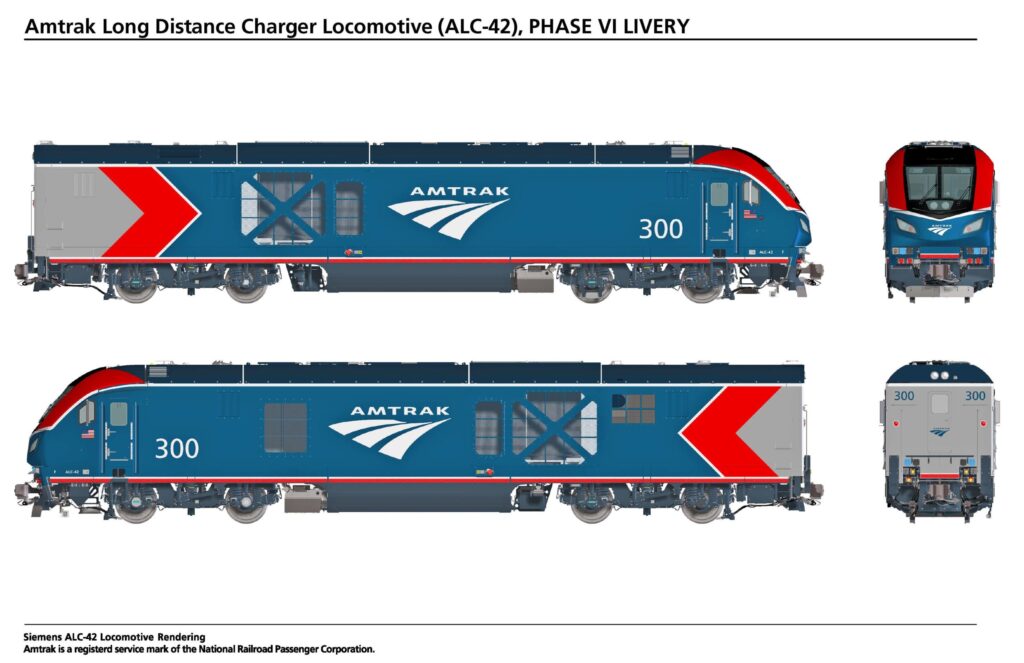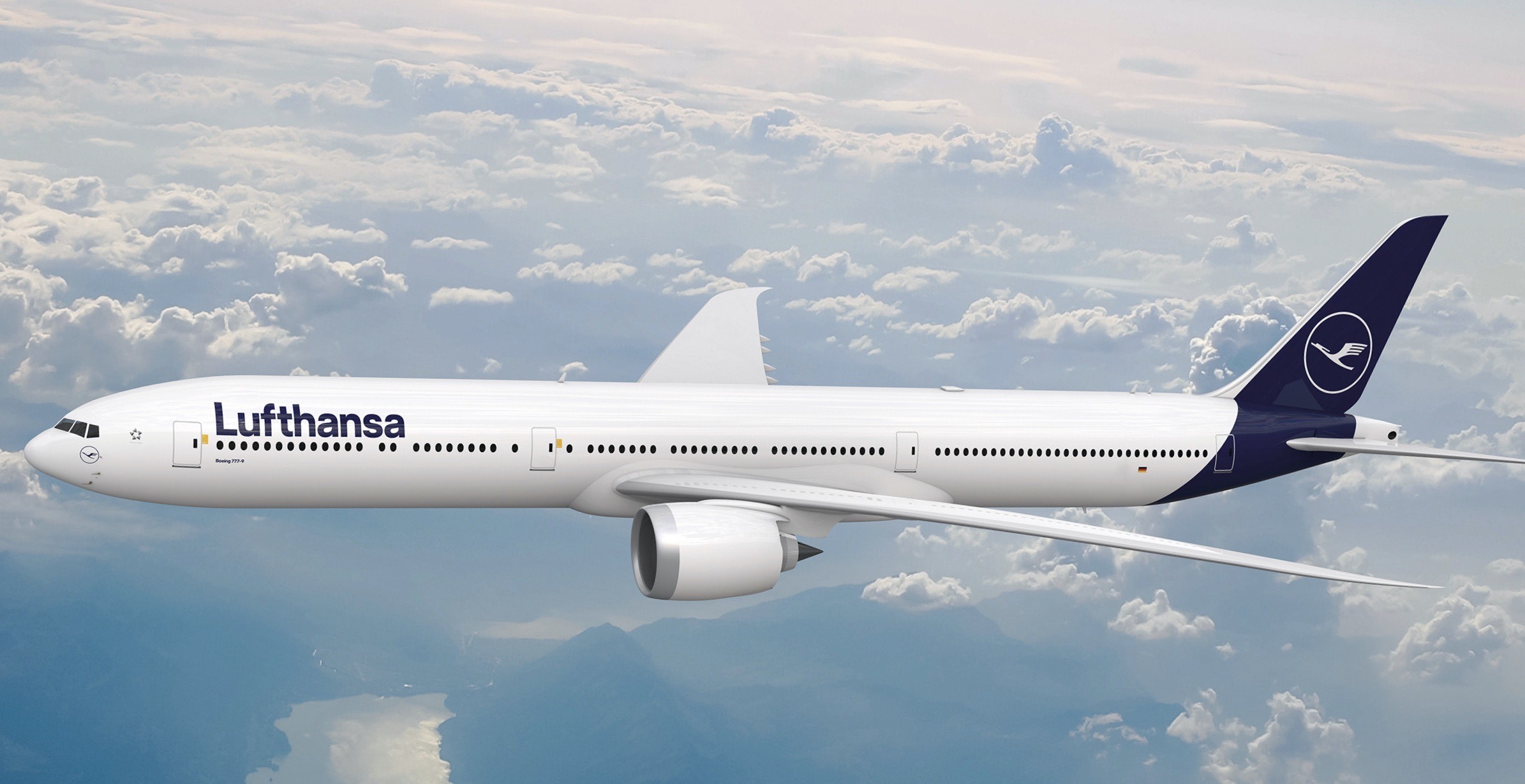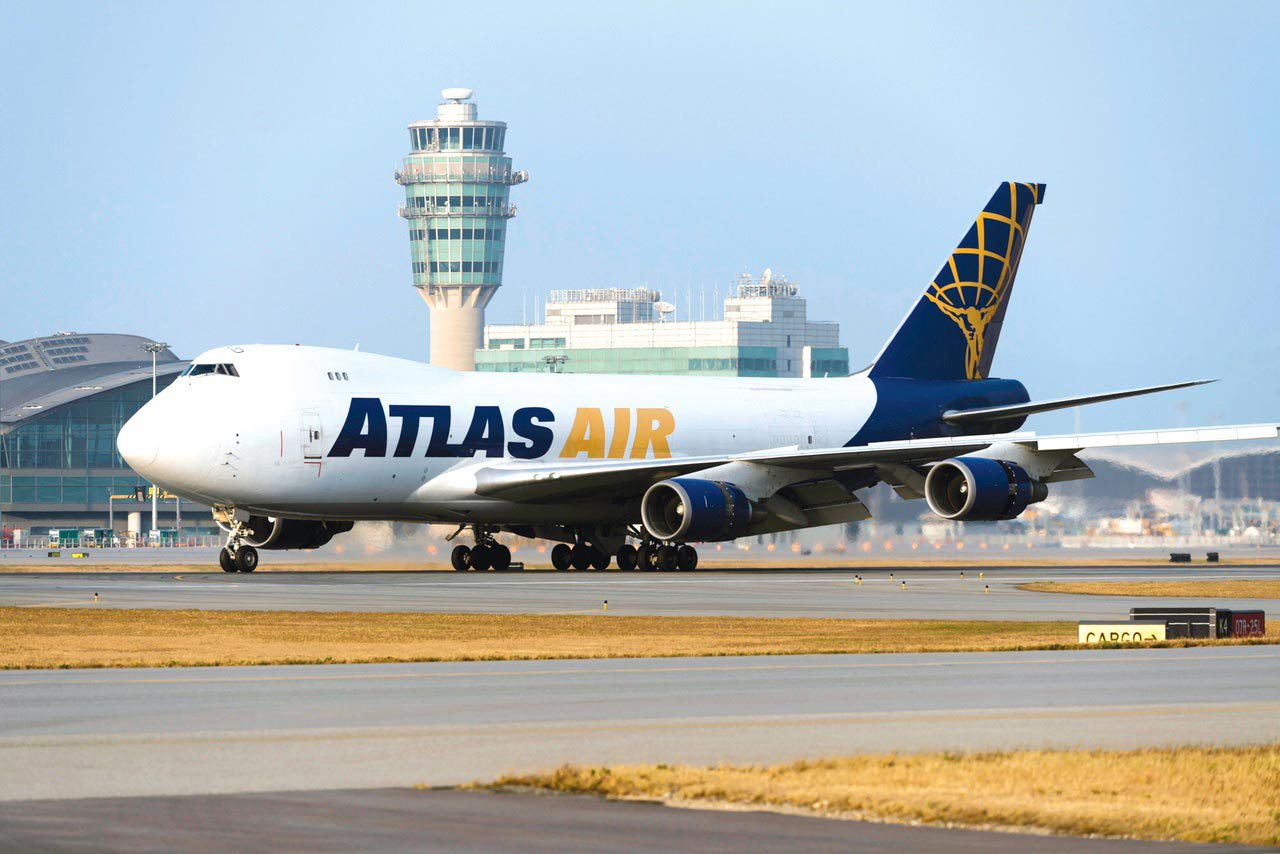Last week, an Icelandair (Iceland: ICEAIR.IC) Boeing 767 (TF-ISN), landed at Troll airfield (QAT) at the Troll research station operated by the Norwegian Polar Institute in Dronning Maud Land, Antarctica. The flight was operated by Loftleiðir (Icelandair’s charter-flight subsidiary) to offload provisions for the research station’s staff who will remain at Troll this winter, and to pick up scientists returning to Norway after their summer service. Some of the scientists had been at Troll for 16 months and were happy to be heading home.
The flight
The journey involved a lot of planning due to the unique conditions, and involved 6 pilots, 13 crew and 1 flight engineer.
From Keflavík airport in Iceland, the plane flew nonstop to Cape Town, South Africa, where it paused for a rest and refueling stop. Some of the team stayed in Cape Town and the remainder flew 4,332km south to Troll in 5 hours and 43 minutes.
After a 2-hour layover at Troll, the aircraft returned with the Norwegian passengers to Cape Town, picked up the fresh crew, and continued on to Oslo, then home to Iceland.
According to flight commander August Hakansson, landing conditions at Troll were far better than forecast. And the worst weather of the entire trip was upon the return to Keflavík!
The flight route was so unusual that it attracted worldwide attention from aviation fans and media, including over 30,000 followers on Flightradar. And although it might seem crazy, this isn’t Icelandair’s first time in the Deep South – back in 2015, Icelandair became the first commercial airline to land a plane on a blue-ice runway in Antarctica.
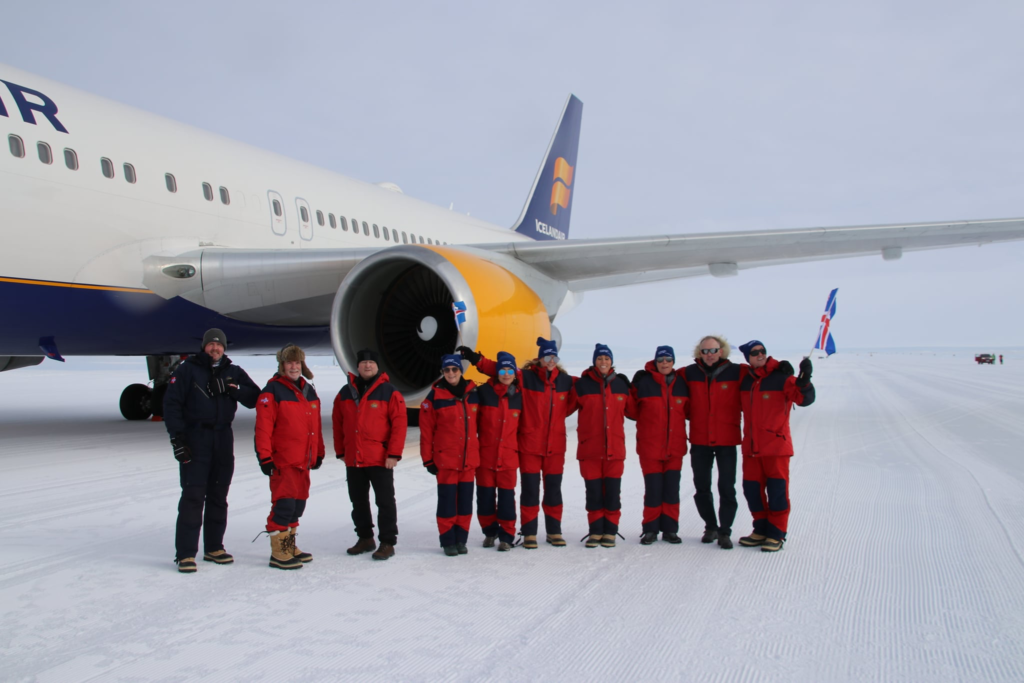
Click the link below to read the full story!
https://www.icelandair.com/blog/icelandair-flies-to-antarctica/
